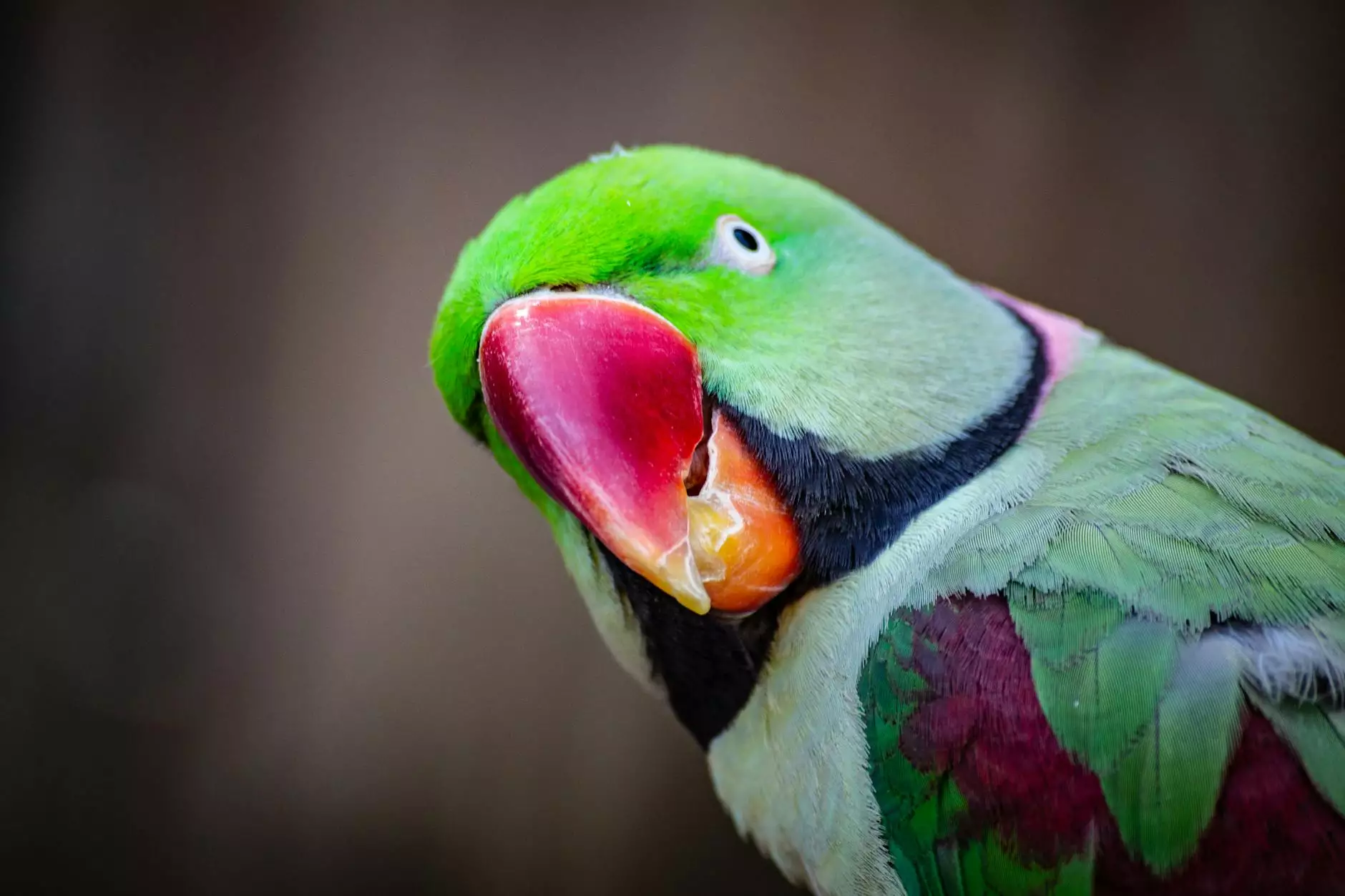Understanding Parrot Cage Wire: A Comprehensive Guide for Pet Owners and Metal Fabricators

When it comes to providing a safe and comfortable environment for your parrots, selecting the right materials is crucial. One of the most essential elements is the parrot cage wire. This guide will delve into what makes quality parrot cage wire, its advantages, and considerations for those involved in animal shelters, metal fabrication, and pet boarding.
What is Parrot Cage Wire?
Parrot cage wire is typically a type of wire mesh specifically designed to create safe and secure enclosures for parrots. The primary purpose of this wire is to keep your feathered friends inside their habitats while preventing outside threats from entering. The right parrot cage wire should be durable, non-toxic, and capable of withstanding the beak strength of various parrot species.
Key Characteristics of Quality Parrot Cage Wire
When choosing parrot cage wire, several key features should be taken into account:
- Material: The wire should be made from high-quality metal, such as stainless steel or galvanized steel, which resists rust, corrosion, and fading.
- Thickness: The gauge of the wire is important; a thicker gauge wire is more durable and less prone to bending or breaking.
- Spacing: The spacing between wires should be small enough to prevent parrots from escaping and to protect them from potential predators.
- Finish: Ensure that the wire has a non-toxic finish that is safe for birds and does not contain harmful chemicals.
- Customization: Many manufacturers offer customizable options to meet specific needs regarding size, shape, and design.
Benefits of Using High-Quality Parrot Cage Wire
The importance of selecting premium parrot cage wire cannot be overstated. Here are some compelling benefits:
1. Enhanced Safety for Your Pets
Using sturdy and safe wire is crucial for providing your parrots with a secure habitat. Quality parrot cage wire diminishes the chances of escape and also protects against possible threats, such as other animals or unwelcome intruders.
2. Improved Durability
Unlike lower quality options, high-grade wire can withstand wear and tear. This type of wire will last longer, ultimately saving you money on replacements while ensuring a consistent safe environment for your pets.
3. Peace of Mind
For every parrot owner, knowing that your pets are safe inside their cages provides a level of comfort and peace of mind. Solid parrot cage wire removes the stress of worrying about what might happen if they were to escape.
4. Aesthetic Appeal
High-quality wire also has an aesthetic appeal, as the finish can enhance the overall look of the cage. This is particularly beneficial for businesses involved in pet boarding, as appealing designs attract customers.
Choosing the Right Wire for Different Parrot Species
Different species of parrots exhibit varying needs regarding their cages. Here are fundamental considerations when selecting wire just for them:
1. Large Parrots (e.g., Macaws and Cockatoos)
These birds require more robust wire due to their size and strength. A thicker gauge, ideally around 9-11 gauge wire, is recommended as it prevents even the strongest beaks from causing damage.
2. Medium Parrots (e.g., Amazons and African Greys)
For medium-sized parrots, a gauge between 11-13 is usually sufficient, but ensure the spacing between wires is small enough to prevent escape.
3. Small Parrots (e.g., Budgies and Lovebirds)
For small species, the wire should be lightweight yet sturdy. A gauge of 14 or 16 may work, but pay special attention to spacing to keep your little companions safe.
The Role of Metal Fabricators in the Production of Parrot Cage Wire
Metal fabricators play a critical role in producing high-quality parrot cage wire. Here’s how they contribute:
1. Expert Design and Engineering
Fabricators often work closely with designers to create unique wire products that best suit the needs of various parrot species while remaining aesthetically pleasing and functional.
2. Advanced Manufacturing Techniques
Using the latest technologies and machinery, metal fabricators can ensure precision in cutting, bending, and shaping wire. This precision results in uniformity and quality that meet stringent safety standards.
3. Strict Quality Control
Reputable fabricators enforce quality control measures that guarantee every piece of wire produced meets the appropriate safety and durability criteria.









